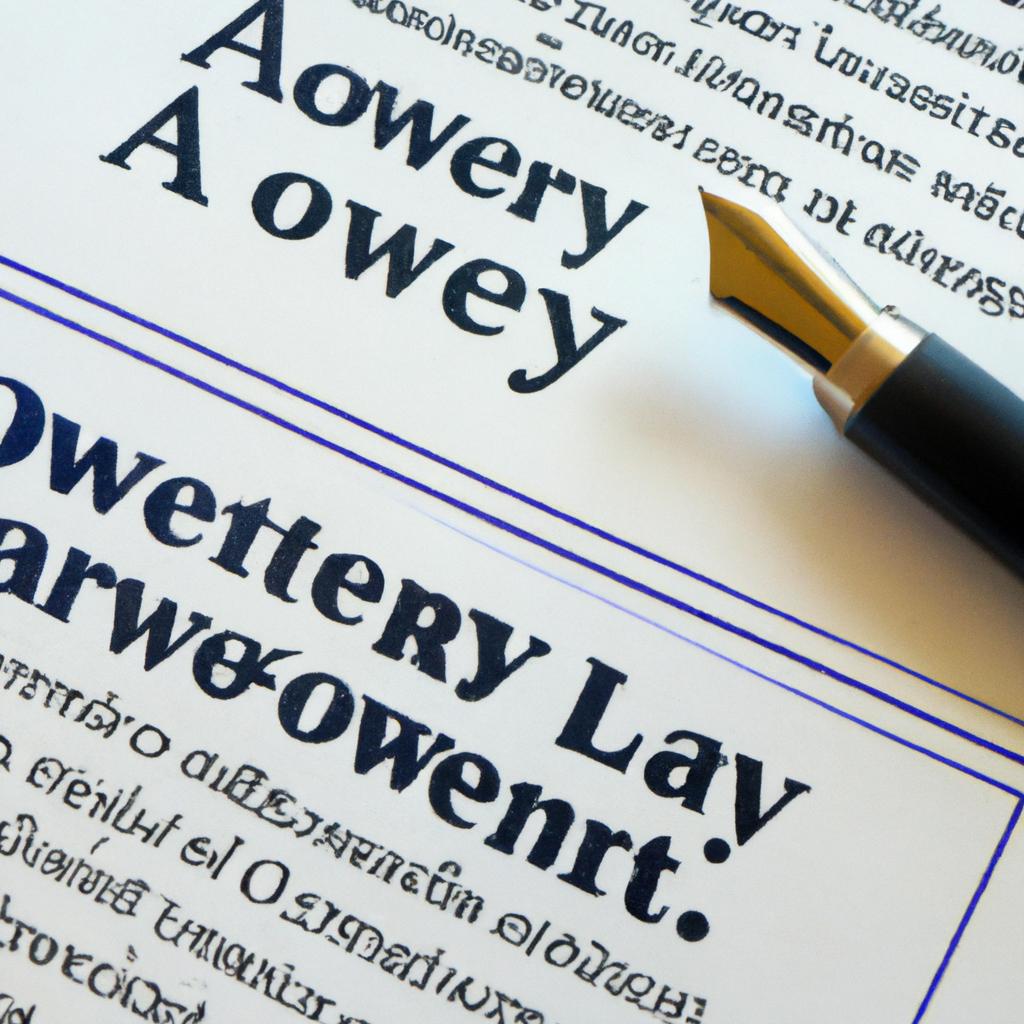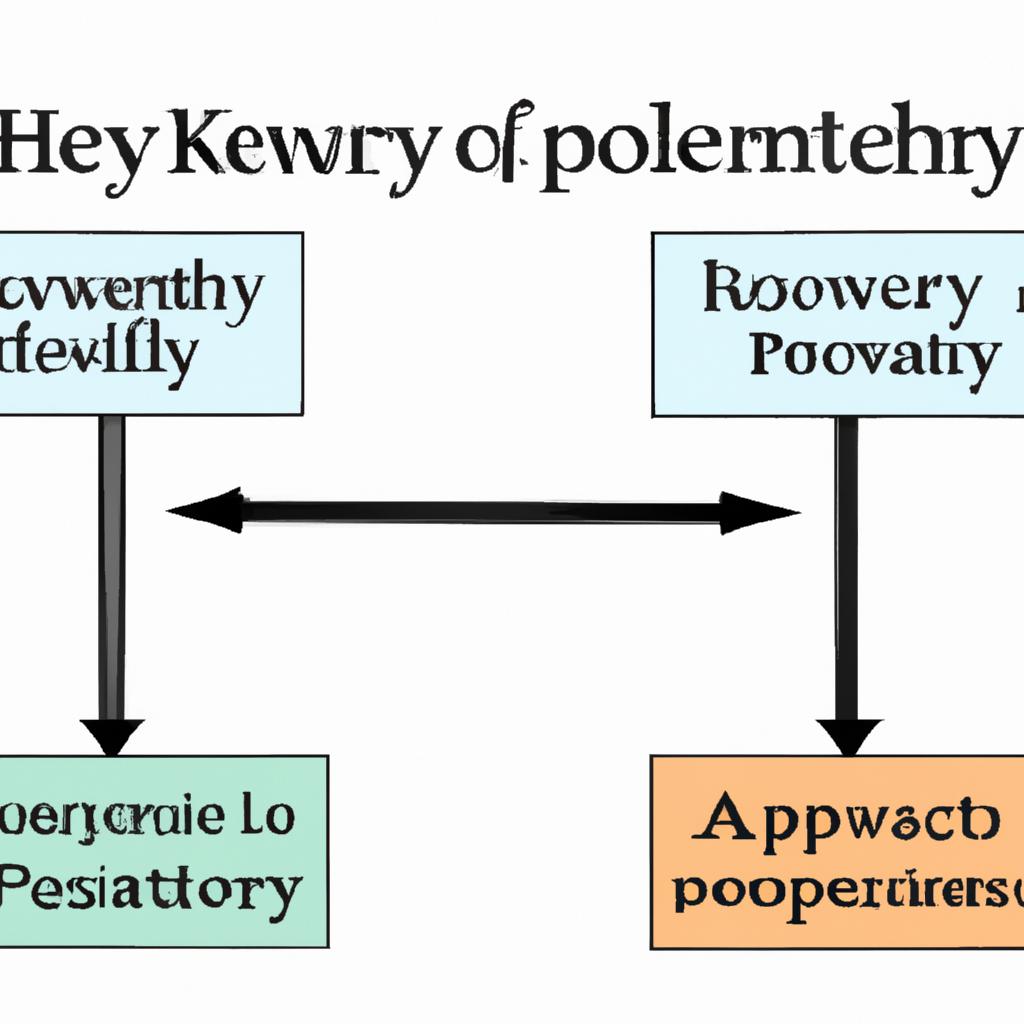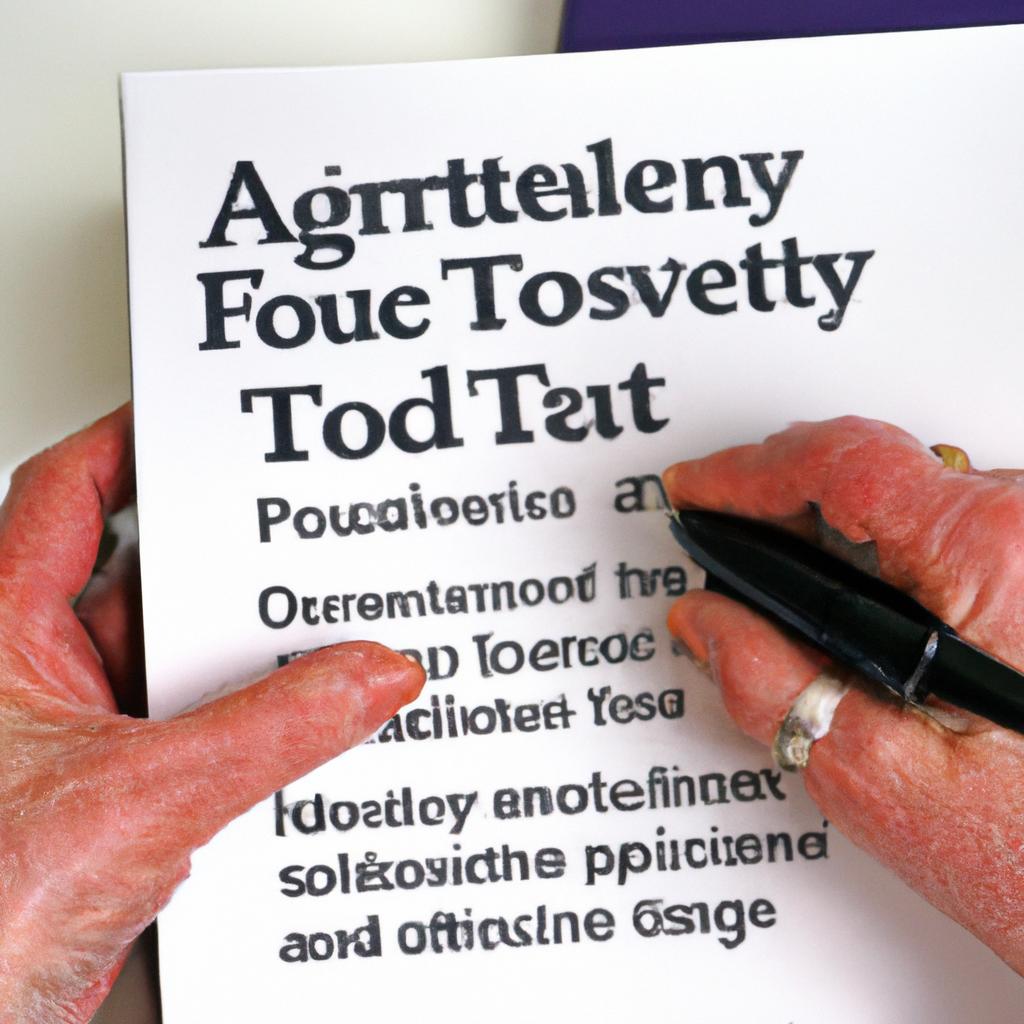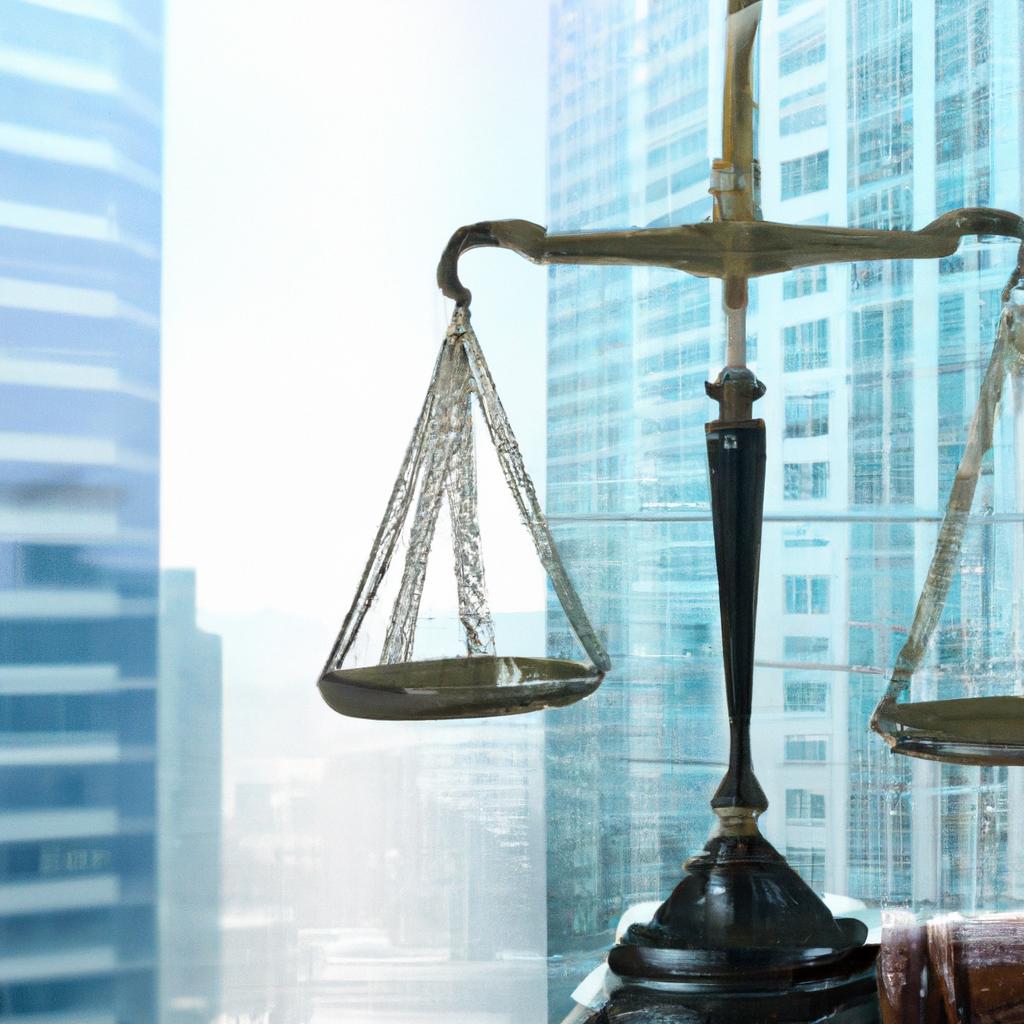When it comes to planning for the future, ensuring that your wishes are carried out in the event of incapacity is paramount. Two commonly utilized legal tools in this regard are power of attorney and durable power of attorney. While both serve to designate an individual to make decisions on your behalf, the nuances between the two can have significant implications. As experienced experts in estate planning at Morgan Legal Group in New York City, we strive to educate our clients on the differences between these crucial legal instruments to best protect their interests and assets.
Understanding the Difference Between Power of Attorney and Durable Power of Attorney
When it comes to estate planning, it is crucial to understand the distinction between a power of attorney and a durable power of attorney. A power of attorney is a legal document that grants someone the authority to make financial decisions on your behalf. This authority typically ends if you become incapacitated or unable to make decisions for yourself. On the other hand, a durable power of attorney remains in effect even if you become incapacitated, ensuring that your financial affairs are managed by someone you trust.
It is important to carefully consider who you appoint as your power of attorney or durable power of attorney, as they will have significant control over your financial matters. Additionally, it is advisable to seek legal guidance from professionals, such as Morgan Legal Group in New York City, to ensure that your estate planning documents adhere to state laws and adequately protect your interests.

Key Differences in Authority and Scope of Powers
When it comes to the realm of legal documents that dictate the authority and scope of powers granted to a designated individual, understanding the differences between a power of attorney and a durable power of attorney is crucial. While both documents involve granting someone the authority to act on your behalf, there are key distinctions that can significantly impact the effectiveness and longevity of the arrangement.
One main difference between a power of attorney and a durable power of attorney lies in their durability and scope of powers. A power of attorney typically ceases to be effective if the individual granting the power becomes incapacitated or mentally incompetent. On the other hand, a durable power of attorney remains in effect even if the granting individual becomes incapacitated, ensuring that the designated agent can continue to make crucial decisions on their behalf. Additionally, a durable power of attorney usually grants broader powers to the agent, allowing them to handle a wider range of financial and legal matters, making it a more comprehensive tool for long-term planning and protection.

Importance of Choosing the Right Type of Power of Attorney for Your Estate Planning Needs
When it comes to estate planning, choosing the right type of power of attorney is essential for ensuring that your wishes are carried out as intended. While a power of attorney grants someone the authority to make financial and legal decisions on your behalf, a durable power of attorney goes a step further by remaining valid even if you become incapacitated. This distinction is crucial in ensuring that your affairs are managed effectively during times of need.
With a power of attorney, the authority granted to the individual ends if you become unable to make decisions for yourself. However, a durable power of attorney ensures that the designated individual can continue to act on your behalf, providing peace of mind and security in the event of unforeseen circumstances. It is important to carefully consider your options and consult with a knowledgeable estate planning attorney to determine the most appropriate arrangement for your specific needs.

Recommendations for Designating a Trustworthy Agent for Power of Attorney Duties
When designating a trustworthy agent for power of attorney duties, it is essential to consider several key factors to ensure that your interests are protected. One crucial aspect to consider is the agent’s reliability and integrity. It is important to choose someone who is trustworthy, responsible, and capable of handling important financial and legal matters on your behalf. Look for someone who has a strong track record of ethical behavior and good judgment.
Additionally, it is essential to select an agent who is competent and capable of carrying out the duties assigned to them. Make sure that the person you choose has the necessary knowledge and skills to manage your affairs effectively. Consider individuals who have experience in financial management, legal matters, or healthcare, depending on the specific tasks involved in your power of attorney arrangement. By choosing a competent and trustworthy agent, you can have peace of mind knowing that your affairs are in good hands.
Q&A
Q: What is the difference between a power of attorney and a durable power of attorney?
A: A power of attorney is a legal document that grants someone the authority to act on your behalf in legal and financial matters. However, it becomes void if you become incapacitated. On the other hand, a durable power of attorney remains in effect even if you become incapacitated.
Q: Why should I consider having a durable power of attorney?
A: Having a durable power of attorney in place ensures that someone you trust can make important decisions on your behalf if you are unable to do so yourself. This can provide peace of mind and ensure your wishes are carried out.
Q: What powers can be granted in a power of attorney or durable power of attorney?
A: The powers granted can vary depending on the specific document, but common powers include managing financial accounts, making healthcare decisions, and handling real estate transactions.
Q: Can I revoke a power of attorney or durable power of attorney?
A: Yes, both documents can be revoked at any time as long as you are of sound mind. It is important to follow the proper legal procedures to revoke the document and inform all relevant parties.
Q: How should I choose an agent for my power of attorney or durable power of attorney?
A: It is important to choose someone you trust to act in your best interests. Consider someone who is responsible, understands your wishes, and is willing to take on the responsibilities outlined in the document. It is also a good idea to have a backup agent in case your primary agent is unable to act.
Future Outlook
In conclusion, understanding the difference between a power of attorney and a durable power of attorney can have significant implications for your decision-making capabilities in the future. Whether you are appointing someone to make decisions on your behalf temporarily or indefinitely, it is important to consider your options carefully and choose the right type of power of attorney that aligns with your needs and goals. By being informed and proactive in setting up these legal documents, you can ensure that your wishes are honored and your interests are protected in any situation that may arise. So, take the time to explore your options and make a decision that empowers you and gives you peace of mind for the future.
 The distinction between power of attorney (POA) and durable power of attorney (DPOA) is one that is often misunderstood or overlooked. However, understanding these two legal documents and their differences is critical for anyone seeking to arrange their financial or medical affairs.
The distinction between power of attorney (POA) and durable power of attorney (DPOA) is one that is often misunderstood or overlooked. However, understanding these two legal documents and their differences is critical for anyone seeking to arrange their financial or medical affairs.
In this comprehensive guide, we will break down the essential points of both power of attorney and durable power of attorney and explore the benefits, practical tips, and case studies to help you make informed decisions for yourself and your loved ones.
What is Power of Attorney?
Power of attorney (POA) is a legal document that allows an individual (known as the principal) to appoint another person (known as the agent or attorney-in-fact) to make financial or medical decisions on their behalf. The agent can be authorized to act on behalf of the principal in various capacities, such as managing their bank accounts, paying bills, and making investment decisions.
The principal has the power to limit the scope and duration of the agent’s powers, making it a flexible and customizable document. Additionally, the principal can revoke the power of attorney at any time, as long as they have the mental capacity to do so.
What is Durable Power of Attorney?
Durable power of attorney (DPOA) is a type of power of attorney that remains in effect even after the principal becomes incapacitated or unable to make decisions on their own. Unlike the standard power of attorney, which is automatically terminated in such situations, the durable power of attorney provides continuity and offers peace of mind to the principal and their loved ones.
It is important to note that the durable power of attorney does not grant unlimited power to the agent. Instead, it only covers financial and legal decisions and does not include medical decisions. For that, a separate document called a healthcare proxy or medical power of attorney is needed.
Key Differences between POA and DPOA
The main difference between a power of attorney and durable power of attorney lies in their durability and the circumstances in which they can be used.
1. Duration and Continuity
A standard power of attorney lasts only as long as the principal is mentally and physically capable of making decisions. However, if the principal becomes incapacitated due to illness or injury, the power of attorney automatically becomes invalid. This means that if the principal wants the agent to continue acting on their behalf, a new power of attorney needs to be drafted and signed.
On the other hand, a durable power of attorney remains in effect even after the principal is incapacitated, providing a seamless transition and ensuring that the principal’s wishes are still carried out.
2. Termination
As mentioned earlier, the standard power of attorney becomes ineffective if the principal becomes incapacitated, and there is no durable power of attorney in place. However, a power of attorney can also be revoked by the principal at any time, as long as they have the mental capacity to do so.
In contrast, the durable power of attorney is only terminated upon the principal’s death or if they specifically revoke it in writing. This adds an extra layer of protection and ensures that the principal’s financial and legal affairs are appropriately managed even in unexpected circumstances.
3. Protection from Abuse
One of the concerns with a standard power of attorney is that it can be easily abused. Since the principal can choose anyone they trust as an agent, there is a risk of financial exploitation or misuse of power. This is especially troubling if the principal becomes incapacitated and is not capable of revoking the power of attorney.
However, with a durable power of attorney, the agent has a legal obligation to act in the principal’s best interest, even if they are incapacitated. The durable power of attorney also allows for oversight and accountability, as the principal can name a third party to monitor and ensure the agent’s actions are appropriate.
Benefits and Practical Tips for POA and DPOA
1. Flexibility and Customizability
The power of attorney documents offer a great deal of flexibility, allowing the principal to tailor the document to their specific needs. They can choose the powers they want to grant to the agent, the duration of the document, and any limitations they want to impose.
2. Planning for Unexpected Events
No one likes to think about a time when they may become incapacitated, either temporarily or permanently. However, having a durable power of attorney in place can help mitigate any potential financial and legal issues that may arise. It allows the principal to appoint someone they trust to make decisions on their behalf and ensures that their wishes are carried out, providing peace of mind for both the principal and their family.
3. Avoiding Court Proceedings
Without a power of attorney, if someone becomes incapacitated, their loved ones may have to go through the lengthy and costly process of obtaining a guardianship or conservatorship through the court system. This can be avoided by having a durable power of attorney in place, as it allows for a seamless transition of decision-making authority to the agent.
Case Study: The Importance of a Durable Power of Attorney
John, a 70-year-old widower, had a durable power of attorney in place, naming his eldest son, Jack, as his agent. John and Jack had a good relationship, and Jack had always been financially responsible. However, due to unforeseen circumstances, Jack was unable to manage John’s affairs effectively. John’s other children and family members began to question Jack’s decision-making and feared that he was misusing John’s assets.
Fortunately, since John had a durable power of attorney in place, he had also named his niece as a third-party monitor to ensure Jack’s actions were in his best interest. When concerns were raised, the niece was able to step in, review Jack’s actions, and ensure that John’s assets were protected.
First-Hand Experience with POA and DPOA
“My mother had a severe stroke and lost the ability to make decisions for herself. She had a power of attorney in place, which allowed my sister to act on her behalf. However, since the power of attorney was not durable, when my sister wanted to sell our mother’s house to pay for her healthcare expenses, we had to go through a lengthy court process to obtain conservatorship. It was emotionally and financially draining for our family, and I wish my mother had a durable power of attorney in place to avoid this ordeal.”
In Conclusion
In summary, both power of attorney and durable power of attorney serve important purposes in managing one’s financial and legal affairs. However, the durable power of attorney offers added protections and continuity in unexpected situations. It is crucial to have these legal documents in place to ensure your wishes are carried out, and to mitigate potential disputes or financial abuse.
If you are considering creating a power of attorney or durable power of attorney, it is recommended to consult with a qualified estate planning attorney to ensure the documents are legally valid and meet your specific needs.

